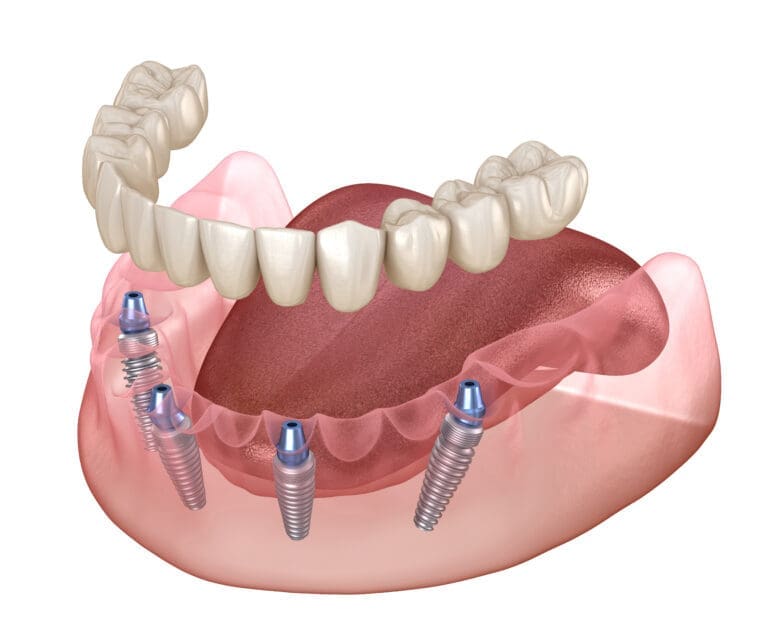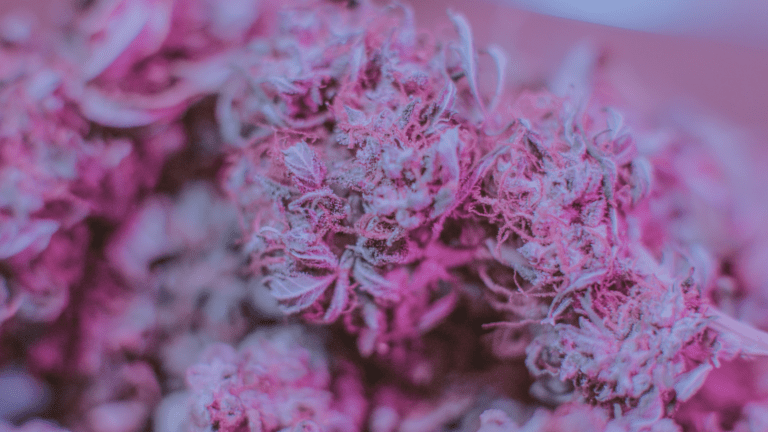6 Ways To Improve Your Sleep

Sleeping is a common issue that troubles many people around the world. Without proper sleep, your body can react in negative ways. It can affect your work-life, energy levels, and even your relationships. Functioning on little to no sleep is not good for your immune health either. During sleep, our bodies get the opportunity to heal and regenerate. However, although you’re probably aware of all this, it can still be a challenge to get the proper sleep you crave. Follow along for some tips on how to get improve your sleep when you struggle.
Limit Phone Time Before Bed
There are proven studies that using your phone right before bed can disrupt your sleep. The bright light against your eyes is not the best, along with the way your brain functions when viewing your phone. Try to limit your phone time before bed. It is best to stop using it an hour before your bedtime. If you’re looking for other options to help you relax, you can read a good book or magazine to help. Try this for a week and see if it makes a difference in your sleep.
Try A Guided Meditation
There are plenty of guided meditations available on headspace or insight timer for free. You can scroll to the category of sleep. Put in a pair of headphones and listen away. These meditations are designed for sleep or when you’re in your most relaxed state. If you are someone who gets anxious or in their head before bed, then a guided meditation may be the answer to some better sleep. During mediation, it can help your body relax and let go of all the racing thoughts that occur. There are different kinds you can try out, like visualizations, chakra, or sleep sounds. Whatever your preference may be, find the one you like and see how easily you’ll doze off.
Try Some Supplements
It doesn’t hurt to try some natural remedies or supplements to help you sleep. Magnesium is actually a powerful mineral that many people are deficient in–and guess what, it helps with sleep! Taking some magnesium closer to your bedtime may be the missing puzzle piece in your sleep troubles. Another option is melatonin gummies. Melatonin is the chemical your body releases when it is ready for bed. If you’re lacking in melatonin or need a little extra boost to help you get to bed, this is a great option to try out. Otherwise, you can try some non-caffeinated teas to help you get to bed and sleep well. There are so many herbs that help with sleep and relaxation, including chamomile and lavender.
Exercise Regularly
One of the reasons you may not be able to fall asleep is because you’re not expending enough energy. If you work from home or have a job where you are at your desk a lot, it may be a good idea to incorporate some exercise into your day–if you don’t already do so. Your body needs to move and use some energy to feel tired at the end of the day. On the other hand, exercising too close to bedtime will have the opposite effect. Getting your adrenaline pumping and exercising too late at night might give you trouble later on when you’re trying to get to sleep.
Cut Down On Caffeine
Cut down on caffeinated drinks such as tea, coffee, and energy drinks– especially before bed. Caffeine interferes with the ability to fall asleep and also prevents deep sleep. Try a noncaffeinated beverage instead like warm milk or an herbal tea.
Don’t Over Indulge
Even though alcohol will help you fall asleep initially, it has major negative effects on your overall sleep. If you drink alcohol, your body will release a cortisol hormone a couple of hours later when it is trying to metabolize the alcohol, thus disrupting your REM sleep. Additionally, it may make you feel hungover in the morning or cause you to wake up when you would normally be sleeping longer due to the hangover. Other drugs will also cause your heart to race and limit your ability to get good quality sleep.









